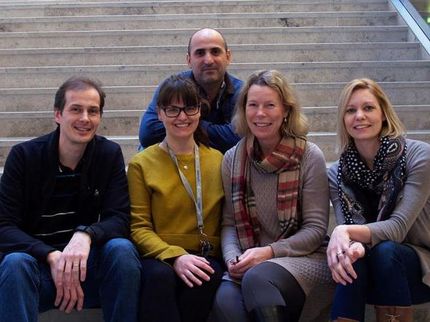Commission procrastinates on GMOs while millions of farmers worldwide are growing them
Advertisement
The EU Commission held a debate on the biotech crop approval process in Europe and sent out a disappointing signal when it agreed to send back three cultivation dossiers which had been positively assessed. Europe is already lagging behind worldwide competition when it comes to biotech crops: more than 40 products are awaiting EU approval. Furthermore, in the light of the current bottlenecks in the supply of food and feed, ,according to EuropaBio, it is unacceptable to keep putting off decisions by asking the European food safety Authority (EFSA) to reconsider dossiers such as the three biotech crops for cultivation which came before the Commission: two insect resistant corn varieties and the starch potato Amflora which had been positively assessed by EFSA years ago.
In Europe, only one biotech crop is available for farmers, an insect-resistant Bt maize. Since 1998 not one single new biotech crop has been allowed to reach the market for cultivation. This stands in stark contrast to the 120 plus products for 23 crops available to farmers worldwide. With such politically motivated steps Europe is holding up a well-established technology and is putting its credibility at risk. The existing EU approval system, which has been agreed upon between the Commission, the Member States and the European Parliament includes a thorough examination involving the scientific assessment of each and every biotech crop and its potential environmental as well as health and safety impact. Europe is still just talking about the technology, while the rest of the world is moving ahead rapidly, causing Europe to become increasingly isolated. "Today's debate at the EU Commission is yet another example of procrastination. The system is in place, and it should be allowed to function," says Bernward Garthoff, Vice Chairman of EuropaBio - the EU association for bioindustries.
"Although we welcome the measures addressed to imports such as the Commission decision to ask Austria to lift its ban on two biotech maizes, and find a technical solution to the issue of low level presence before the summer, we would have expected the Commission to do more for European farmers so that they can actually cultivate more biotech crops and not just import them," says Nathalie Moll, Director of EuropaBio.





















































